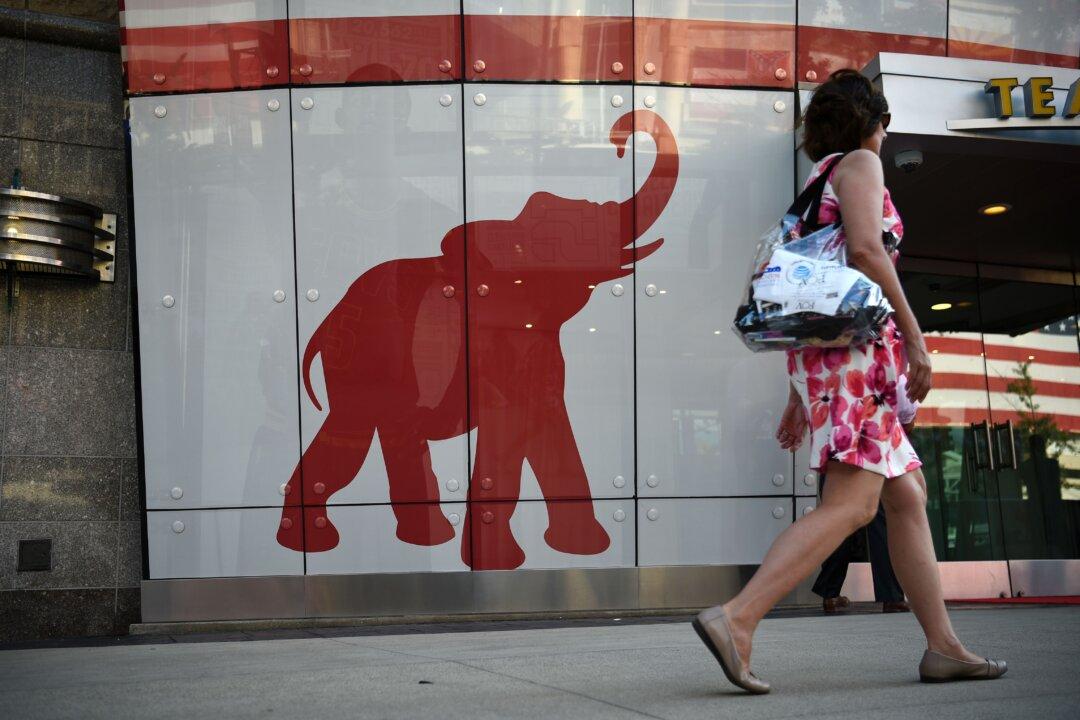A lobbying and communications outfit with deep ties to GOP leadership argued in a recent memo that the rise of “woke CEOs embracing avant-garde social agendas” is fueling a populist surge in the Republican Party that threatens to upend its longstanding pact with big business.
There’s “trouble ahead for the tried-and-true coalition of Republicans and corporate America—and the issues they care about,” CGCN Group wrote.





